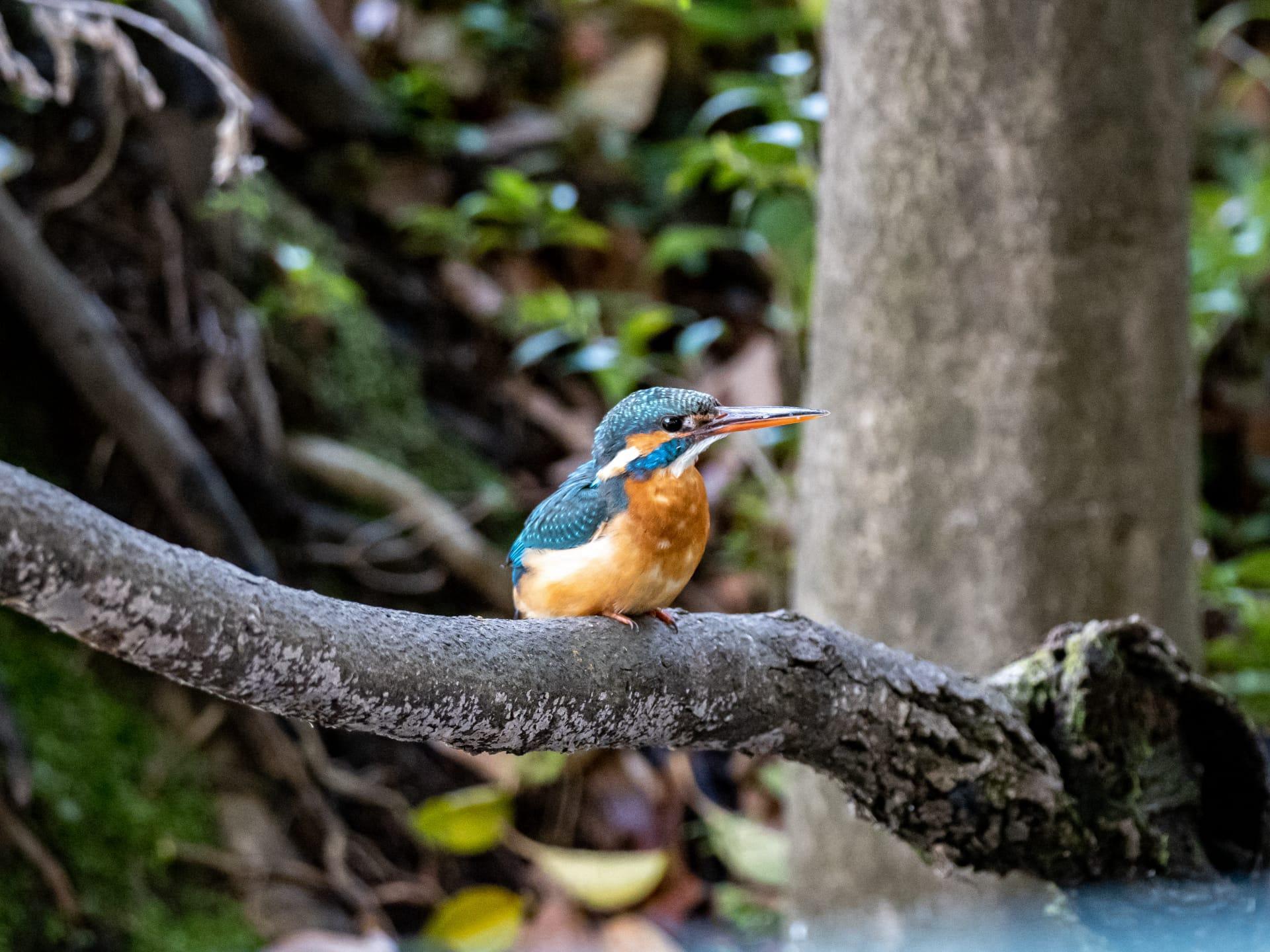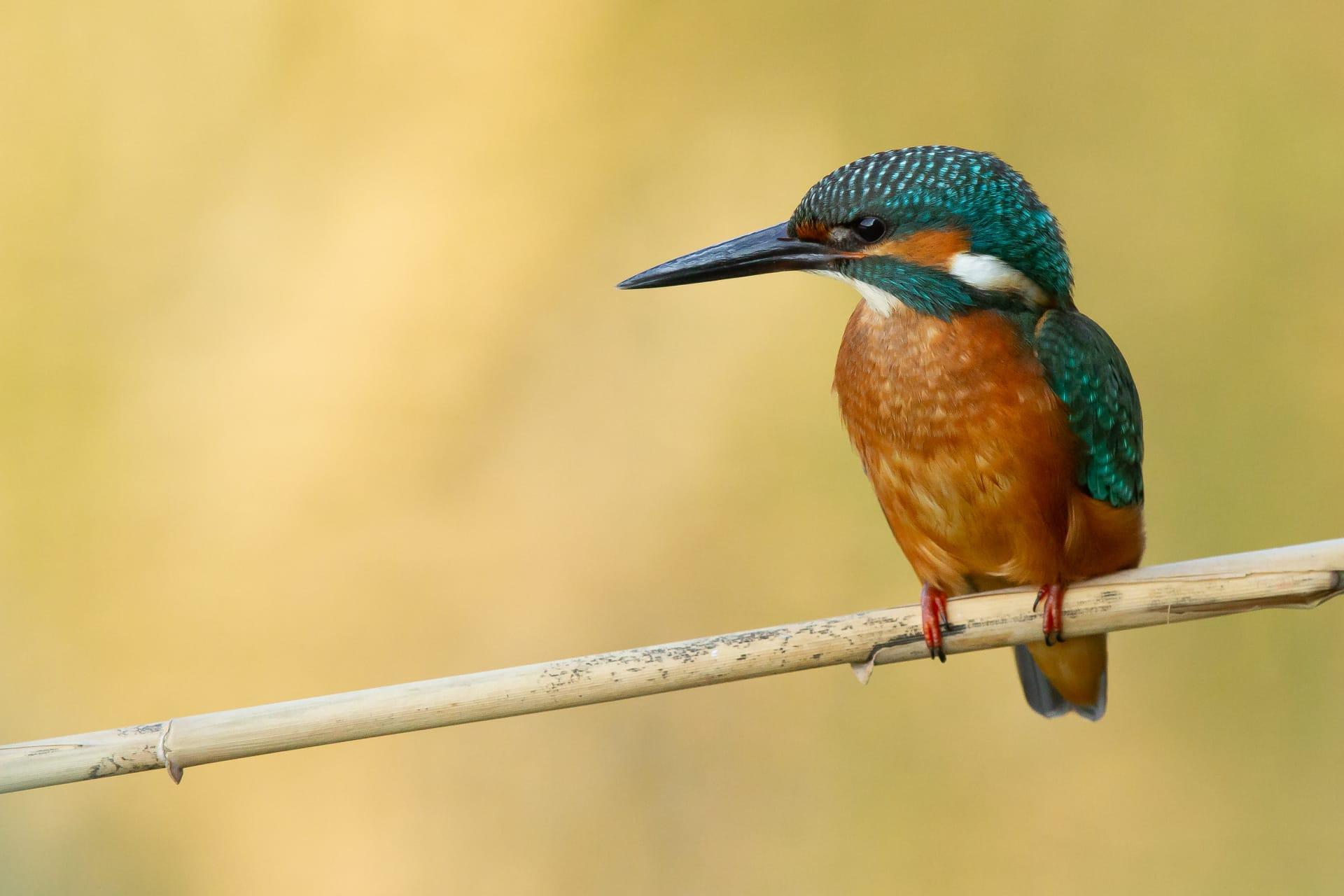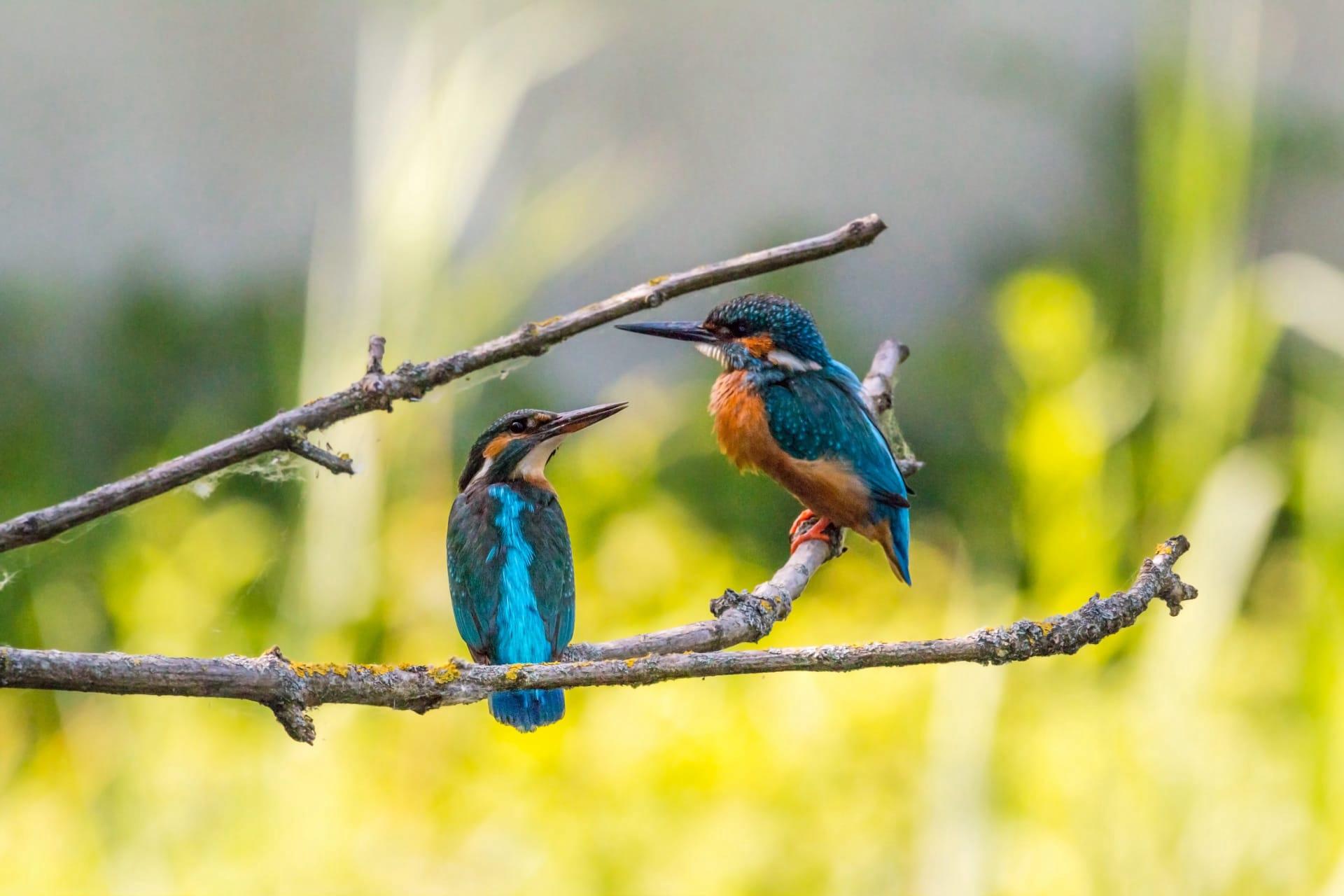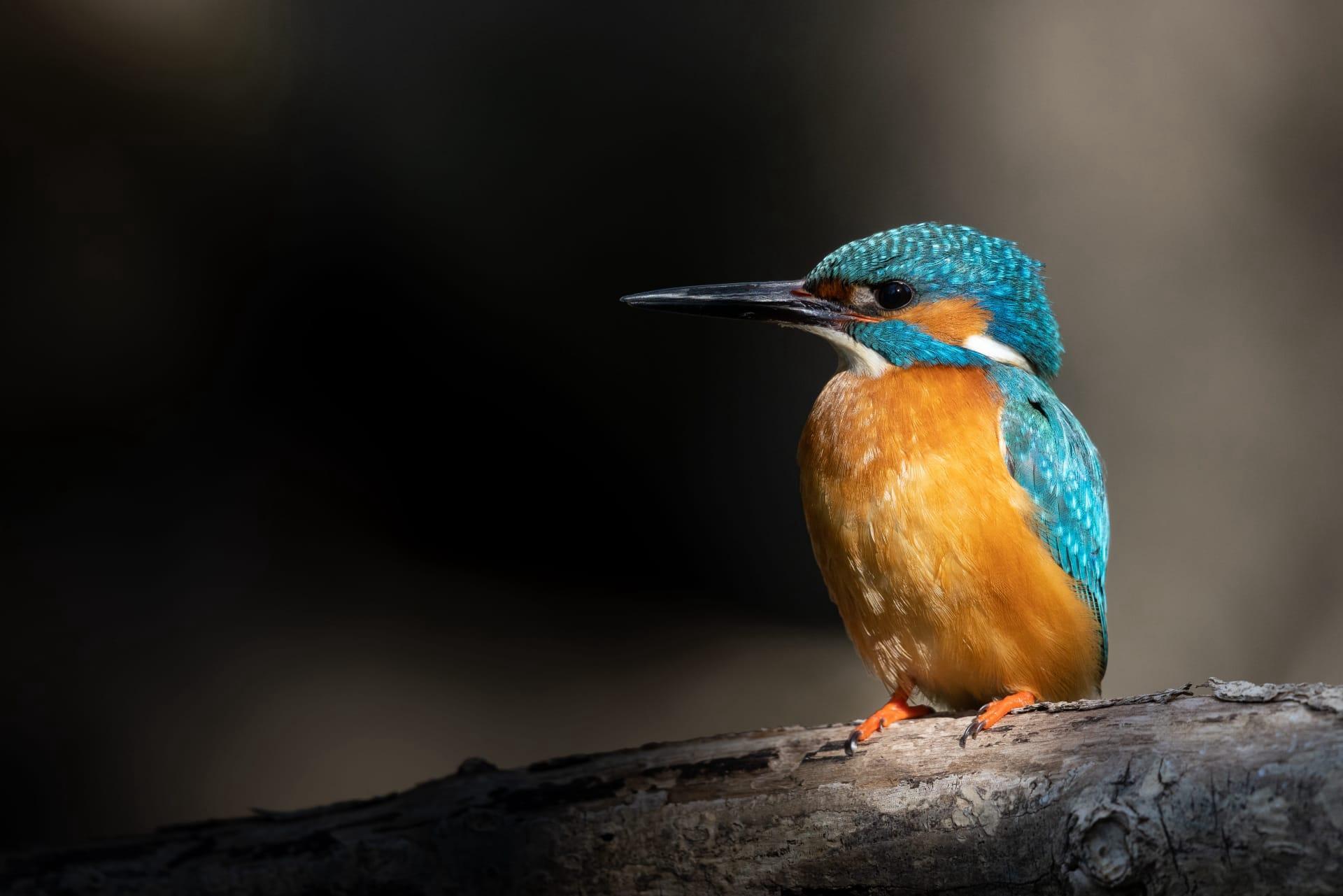Kingfisher Trivia
- Home /
- Trivia Question /
- Animal /
- Kingfisher Trivia
1
Question: How fast can a kingfisher dive when hunting for fish?
Answer: Kingfishers are renowned for their hunting skills. They can dive at speeds of up to 25 miles per hour (40 kilometers per hour). This rapid plunge helps them catch fish with remarkable precision, making them efficient predators in their watery realms.
Question: What is the typical lifespan of a kingfisher in the wild?
Answer: In the wild, kingfishers have a relatively short lifespan. On average, they live for about 6 to 7 years. However, their life expectancy can be influenced by various factors like predation, food availability, and environmental conditions.

2
Question: Do all kingfishers eat fish?
Answer: Contrary to popular belief, not all kingfisher species feed primarily on fish. While many, like the common kingfisher, are adept fishers, some species, like the red-backed kingfisher of Australia, mainly eat insects and small reptiles.
Question: Are kingfishers solitary or social birds?
Answer: Kingfishers are generally solitary birds, especially outside the breeding season. They are territorial and often aggressive towards their own kind. During mating season, they come together as pairs but return to their solitary ways once the breeding is over.

3
Question: How do kingfishers achieve such precision in diving?
Answer: Kingfishers have excellent vision with the ability to judge distance accurately, crucial for precision in diving. Their eyes have evolved to spot prey from above water and compensate for refraction when they dive. This adaptation allows them to adjust their angle of attack precisely.
Question: What role do kingfishers' beaks play in their hunting?
Answer: The kingfisher's beak is long, sharp, and cone-shaped, designed perfectly for fishing. It minimizes water splash during entry, allowing for a stealthier approach to catch fish. The beak's shape helps them to swiftly snatch and grip their slippery prey.

4
Question: Can kingfishers change their diet based on the environment?
Answer: Yes, kingfishers are adaptable in their diet. While they prefer fish, in habitats where fish are scarce, they will feed on a wide variety of aquatic and land-based prey, including crustaceans, amphibians, insects, and even small birds.
Question: How do kingfishers communicate?
Answer: Kingfishers communicate primarily through vocalizations. They have a range of calls used for different purposes, like attracting mates, signaling distress, or defending territory. Their sharp, high-pitched whistle can often be heard along rivers and lakes.

5
Question: What is the significance of the kingfisher's bright plumage?
Answer: The kingfisher's vivid plumage, ranging from bright blues to greens, serves multiple purposes. It acts as camouflage against the backdrop of water and vegetation, and during mating season, the colors become more vibrant, playing a crucial role in attracting mates.
Question: Are kingfishers migratory birds?
Answer: Some kingfisher species are migratory, while others are not. Migratory species like the Belted Kingfisher in North America travel long distances between breeding and wintering grounds, influenced by food availability and climate conditions. In contrast, species like the Common Kingfisher in Europe are more sedentary if food supply remains sufficient.